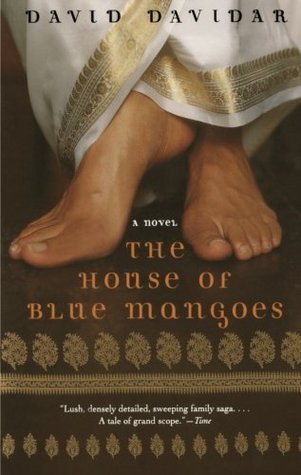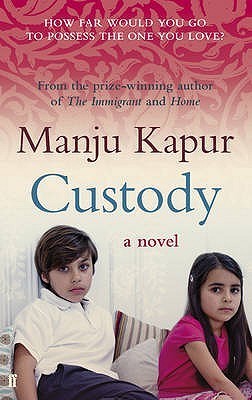
Family Matters
Book Description
Amid the bustling streets of Mumbai, a family grapples with the weight of love, duty, and tradition as they confront a looming crisis. Sparked by a sick patriarch's demands and simmering sibling rivalries, secrets unfurl, alliances shift, and long-buried resentments rise to the surface. As the family's fragile bonds teeter on the brink, the enduring question of loyalty becomes a haunting refrain. Can the promise of belonging withstand the pull of personal ambition, or will loyalty shatter under the strain of unspoken truths? In a world where every choice matters, what price will they pay for family?
Quick Book Summary
"Family Matters" by Rohinton Mistry is a moving exploration of intergenerational conflict, responsibility, and the struggles of ordinary life in Mumbai. The story revolves around Nariman Vakeel, a widowed, aging patriarch afflicted with Parkinson's disease, and his fractured family: his stepson Yezad, daughter Roxana, and stepdaughter Jal. When Nariman's health deteriorates, tensions surface as his care becomes a burden, exposing deep-seated resentments, hidden sacrifices, and the complexity of familial duty. Mistry deftly weaves personal stories into broader social issues—economic hardship, religious tension, and urban challenges—highlighting how love and loyalty are constantly tested by circumstance. Ultimately, the novel asks whether familial bonds can withstand both internal and external pressures or succumb to them.
Summary of Key Ideas
Table of Contents
The Burden of Familial Duty
Nariman Vakeel, once a well-respected professor in Mumbai, is now an elderly man suffering from Parkinson’s disease and a fractured leg. As his health declines, Nariman becomes increasingly dependent on his two stepchildren, Jal and Coomy, with whom he lives. Their resentment at caring for him grows, reflecting simmering tensions rooted in the family's past. Coomy, especially, feels suffocated by obligation and devises a scheme to transfer Nariman’s care to Roxana, his biological daughter, believing it unfair for them to shoulder the burden alone.
Intergenerational Conflict and Sacrifice
Roxana, though deeply loving and respectful of her father, is caught in a difficult situation. She and her family—her husband, Yezad, and their two boys—live in a cramped apartment and face financial strain. Despite limited means, Roxana welcomes Nariman into their home, which intensifies the household’s emotional and economic pressures. Yezad, already stressed by his job at a struggling sporting goods store, becomes more disillusioned, leading him to question his responsibilities and the meaning of sacrifice within the family structure.
The Fragility of Urban Life
The family’s ordeal is set against the vivid backdrop of Mumbai, highlighting urban life’s uncertainties and hardships: corruption, housing shortages, religious anxieties, and shifting social values. Mistry uses these external circumstances to parallel the turmoil within the Vakeel household. The crowded city, much like the crowded apartment, becomes a crucible in which love, resentment, and obligation collide, making daily survival both a literal and symbolic struggle for the family.
Tradition Versus Modernity
Throughout the novel, the characters grapple with their cultural traditions and modern realities. The older generation clings to customs and identities rooted in their Parsi heritage, while the younger family members navigate contemporary forms of ambition, aspiration, and despair. Yezad’s spiritual and personal journey—prompted by both adversity and hope—embodies the difficult negotiation between adherence to the past and adaptation to change.
Resilience Amidst Adversity
Despite the looming crisis and frequent discord, “Family Matters” ultimately reveals moments of grace, resilience, and connection. Though flawed, each character strives to do their best within the limits of their circumstances. Mistry’s empathetic portrayal invites reflection on the meaning of loyalty, the endurance of love, and the necessity of forgiveness in family life. The novel’s conclusion underscores both the sorrow of loss and the potential for growth, suggesting that even amid hardship, families endure through shared responsibility and compassion.
Download This Summary
Get a free PDF of this summary instantly — no email required.





